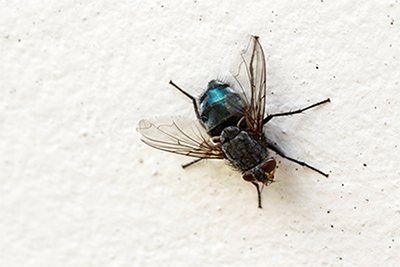 Monkeys with smartphones, is that us? Pressingly, is AU part of our cultural decline, where we sink to the level of proverbial beasts? Eek! Or, maybe digital devices themselves are the truly mindless animals that draw us down to their level? The internet brings out the beast in so many of us; it’s as though the web grants its participants a temporary and false sense of society. At a neurological and conscious level online interactions feel authentic but then, when that blue screen fades, we are left alone on our corner of the actually existing planet.
Monkeys with smartphones, is that us? Pressingly, is AU part of our cultural decline, where we sink to the level of proverbial beasts? Eek! Or, maybe digital devices themselves are the truly mindless animals that draw us down to their level? The internet brings out the beast in so many of us; it’s as though the web grants its participants a temporary and false sense of society. At a neurological and conscious level online interactions feel authentic but then, when that blue screen fades, we are left alone on our corner of the actually existing planet.
AU student life exhibits this virtual realm par excellence, or so it would seem. Student life is a-temporal and asynchronous and geographically displaced from a common campus or even a common culture. It’s as though we are all spectres haunting an invisible classroom; or, are our minds actually feeling all the same things other pupils experience? In this sense our academic essence may reflect core societal beliefs of our time. Like disembodied brains in vats of mystery fluid each of us imbibes the belief that knowledge and truth can be separated, distilled like a tincture, from a physical location. Yet in the end we embody real animal essences and that includes our ideas; after all, if some of us isn’t part of the rest of us there’s something metaphysical going on that implies that we aren’t even who we think we are.
…and there we are!
Wherever we go in our minds do we not carry our human essence with us? Beast or angel, our humanity carries waves of reality through all our interactions. Consider the words of a fictional, but all too familiar, psychiatrist in the 1942 Hollywood film Cat People. “Even as fog continues to lie in the valleys, so does ancient sin cling to the low places, the depressions in the world consciousness” (Ormsby, online).
In the end, what do we really learn? Such a general question leads us to wonder about the assumptions that make knowledge even an imaginary possibility. Just as computers have only some of the answers, and only in certain ways, our scholarly minds are also restricted above all by our human ability. The old Jetsons cartoon had a wise robot who, stymied by an impossible calculation (in statistics a social science example is the impossibility of dividing a number, any number by, 0), would famously exclaim: “does not compute!”
And Now a Word from Baudrillard, Master Diagnostician of the Simulacra
Jean Baudrillard more recently noted a component of digital reality that we might miss as we inject our sense of self into the techno-proceedings: computers lack social sense in the way algorihtms and programs assert themselves. “The computer has no other. That is why the computer is not intelligent. Intelligence comes to us from the other – always. That is why the computers perform so well…Such is the power of abstraction. Machines work more quickly because they are unlinked to any otherness.” (Baudrillard, 143).
Think of how social discourse takes the form of perceived truth even as many truths share space. A person can have all the right answers, socially, and still fall flat in the rat race of popularity. Likewise, ineffable data beyond data, facts beyond factuality, underpin so much of what we do as human animals. Bruno Latour even suggests “if reading the daily paper is modern man’s form of prayer, then it is a very strange man indeed who is doing the praying today while reading about these mixed-up affairs. All of culture and all of nature get churned up again every day” (Latour, 2).
Maybe that’s why class discussions and social media in common carry a certain sense of the absurd: from even a small distance discourse sounds like so many sniping monkeys arguing over so many trivial tidbits of knowledge and understanding. It’s as though atavism, a return to imagined earlier and lower states of being, embodies the essence of discussions and maybe even of epistemology itself. Anyone who’s signed up for an AU course they thought would be great and found that self-image and actual desire or ability were miles apart gets this. We don’t always know what we know or how and often even our intuition is off base. Happily, there’s no shame in withdrawing from a course in the first thirty days. And to keep trucking through tough course material makes us stronger.
Unlike social media, academia teaches us to tame our beastly flight impulses when it comes to new and contrary ideas. There’s a reason that so many essays invoke the mantra of compare and contrast. To gain perspective is to gain the ability to learn, really learn. And that is what separates us at AU from our more primal selves, the ones who secretly think at some level that they already have all the answers and merely require confirmation.
